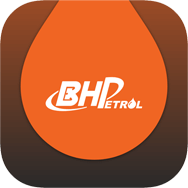With highways connecting various parts of the country, travel has never been more accessible or convenient for Malaysians. However, these benefits come with certain risks that every driver and motorcyclist should avoid. One significant risk is the prevalence of highway scams, which are not only financially damaging but can also be dangerous.
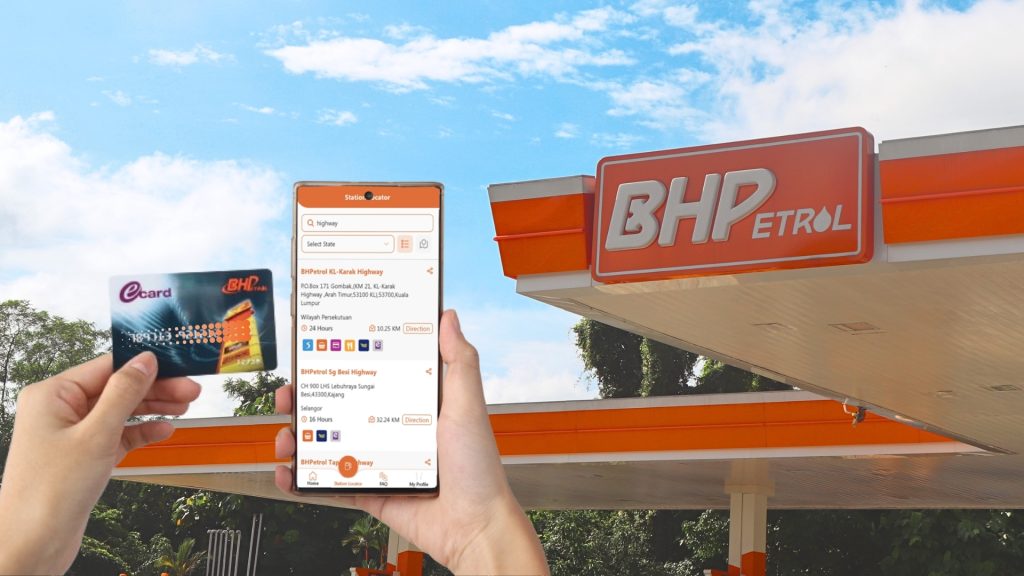
In case of an emergency or a suspicious encounter, it’s always best to pull over your vehicle for safety. Fortunately, with 400 conveniently located petrol stations across the country, BHPetrol is ready to assist you. Additionally, you can earn points and redeem rewards with the BHPetrol eCard when you take a break and safely inspect your car at the station. Each BHPetrol station is also equipped with a public toilet and a surau, providing a secure place to assess your situation.
So if you’re ready, let’s explore these 5 most common highway scams in Malaysia and tips on how to avoid falling victim to them.
1. Oil Cap Scam
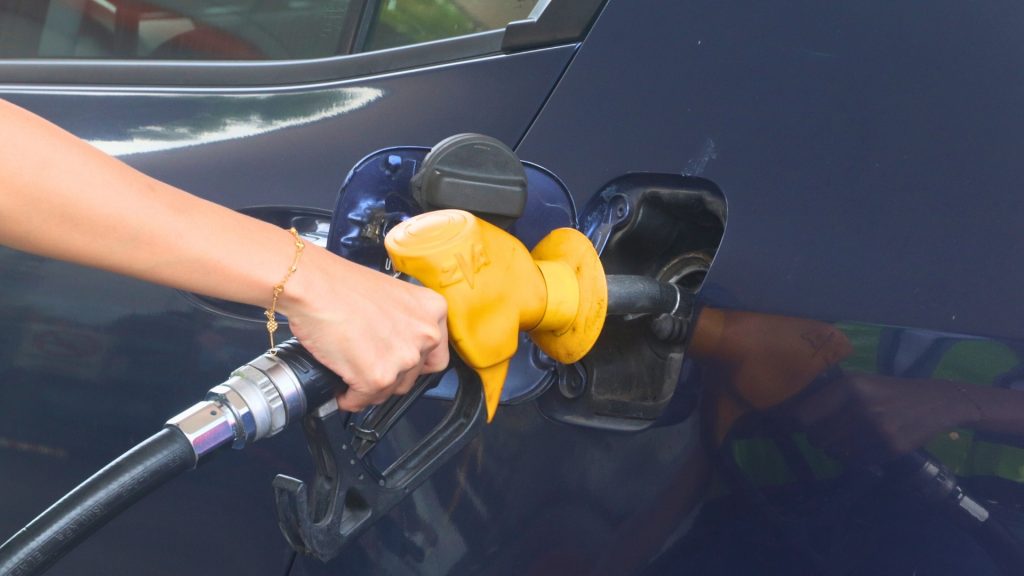
The oil cap scam is a clever trick where scammers target unsuspecting drivers at parking lots or rest stops. A scammer will inform you that your car’s oil cap is missing or loose, suggesting you need immediate assistance to avoid engine damage. They might offer to “help” by selling you an overpriced replacement cap or persuade you to visit a nearby workshop, which turns out to be their accomplice, ready to charge extra fees for unnecessary services.
How to Avoid It:
- Always check your vehicle thoroughly before starting your journey.
- If approached about an issue, thank the person and then inspect it yourself or consult a trusted mechanic.
- Be wary of offers for immediate help from strangers, especially if they seem overly eager or pushy.
2. Tow Truck Scam
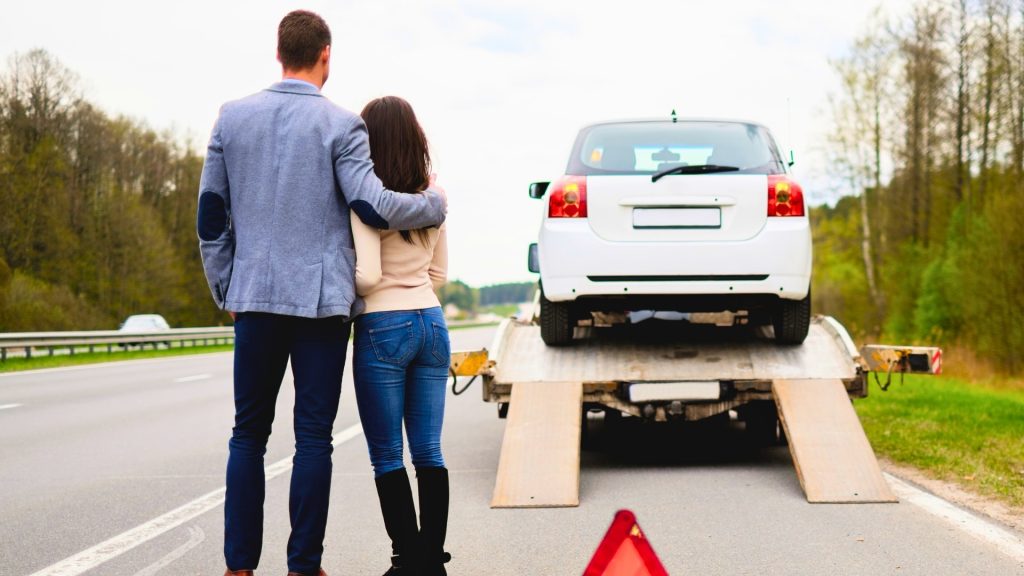
Tow truck scams are pretty sneaky. Scammers often patrol highways looking for vehicles stopped by the roadside, pretending to offer help. Once they have your car hooked up, they demand outrageous fees for towing, often taking your vehicle to a hidden location until you pay.
How to Avoid It:
- Only use tow truck services that you have called yourself or ones recommended by your insurance provider.
- Keep the contact info for reliable tow services with you in case of emergency.
- Don’t hand over your keys or accept services from uninvited tow trucks.
3. Smoking Wheel Scam
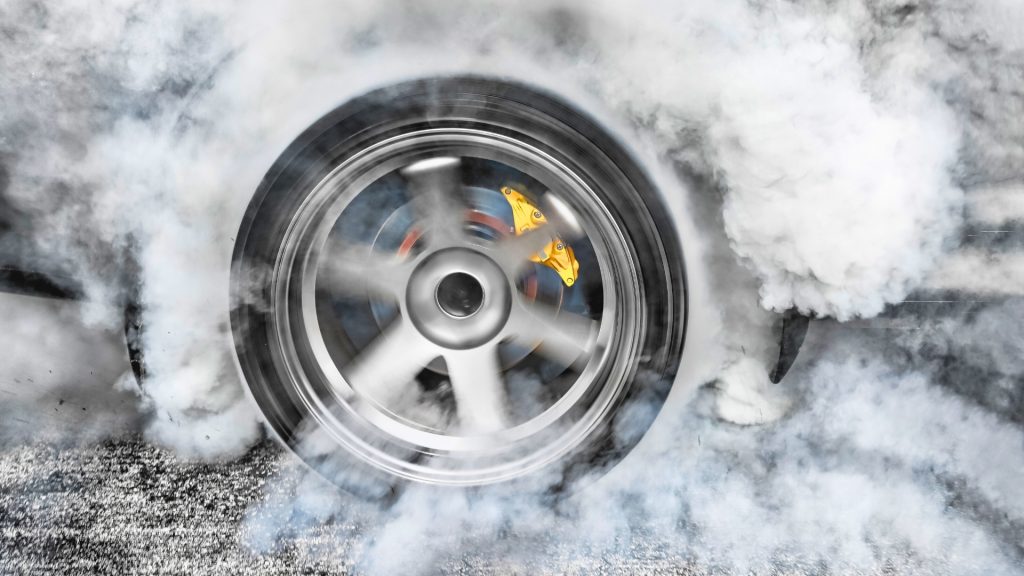
A smoking wheel scam involves scammers alerting you by double signalling to show that your car’s wheels are emitting smoke while driving. They claim it could lead to a fire or explosion. As soon as you pull over, they offer assistance in exchange for money or the contents of your vehicle.
How to Avoid It:
- Don’t panic; instead, pull over at a well-lit area or service station to inspect the alleged issue yourself.
- Call a trusted mechanic or roadside assistance service for a second opinion before agreeing to any repairs.
4. Petrol Station or R&R Scam
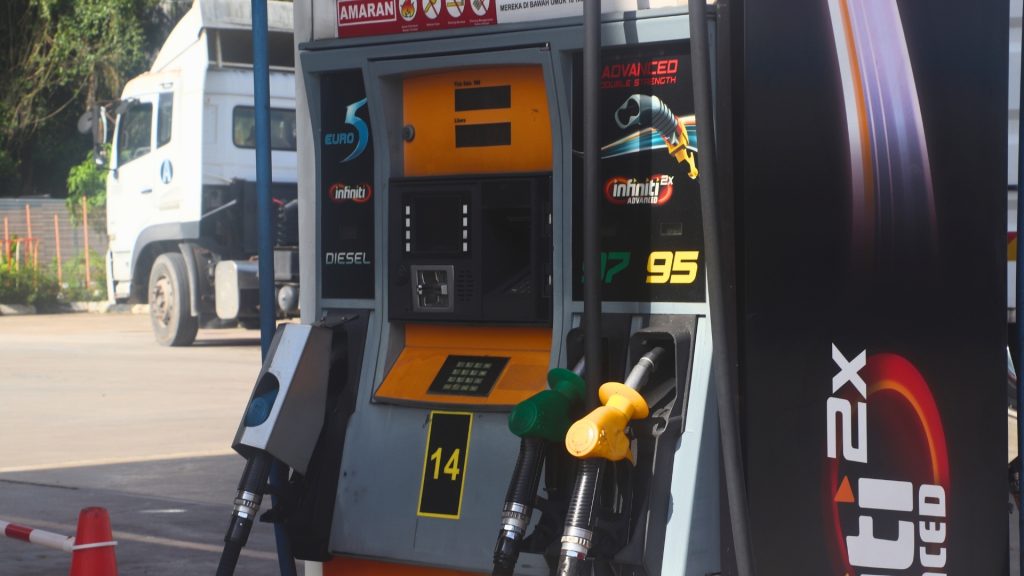
There’s another alarming scam happening at petrol stations and rest areas. Scammers act like they’re anxious and claim they’ve lost their wallets. They would typically ask to borrow your card to pay a small petrol bill, usually around RM20. If you agree, they end up using your card for fraud transactions worth thousands of ringgit.
Example:
In a recent case, a scammer eventually charged RM2,000 to the card of a victim who initially agreed to help them pay for an RM20 petrol bill.
Source: MStar
How to Avoid It:
- Never hand over your card to anyone, no matter how convincing their story is.
- If you’re suspicious, contact the petrol station staff or security personnel to handle the situation.
5. Brake Oil Scam
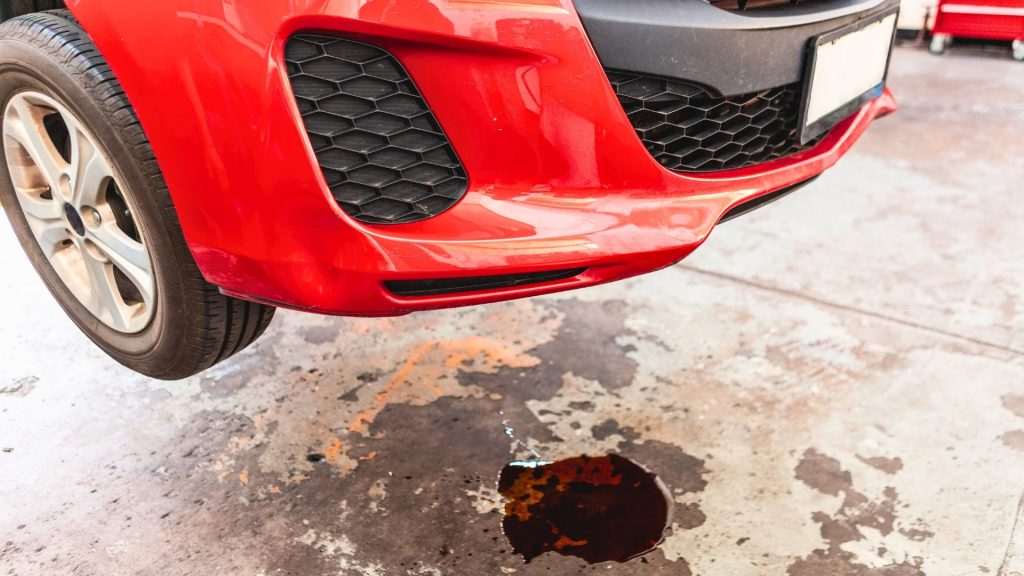
The brake oil scam is just another trick to exploit worried drivers. A scammer might come up to you at a rest stop or parking lot, telling you your car is leaking brake oil and needs immediate repairs. They might even show you some fluid under your car, which they have planted there themselves.
How to Avoid It:
- Regularly check your brake fluid levels and other essential components before long trips.
- If approached, inspect the alleged leak yourself and compare it with your last routine maintenance check.
- Seek advice from a reputable garage or your car manufacturer’s service centre if you suspect an issue.
Tips on How to Avoid Scams
- Stay Vigilant: Always be aware of your surroundings and cautious of unsolicited help.
- Safety is The Priority: If approached about an issue, always keep in mind to find a well-lit place to pull over and examine your car, for example, a petrol station or a service centre.
- Verify Information: Double-check any claims about your vehicle before taking action.
- Keep Emergency Contacts Handy: Have the contact information for trusted mechanics, tow services, and roadside assistance on hand.
- Educate Yourself: Familiarise yourself with common scam tactics to be better prepared.
Highway scams are a real and present danger, but with awareness and precaution, you can protect yourself from falling victim to these tactics. Stay safe on the roads, and remember: a little caution goes a long way. Happy driving!



